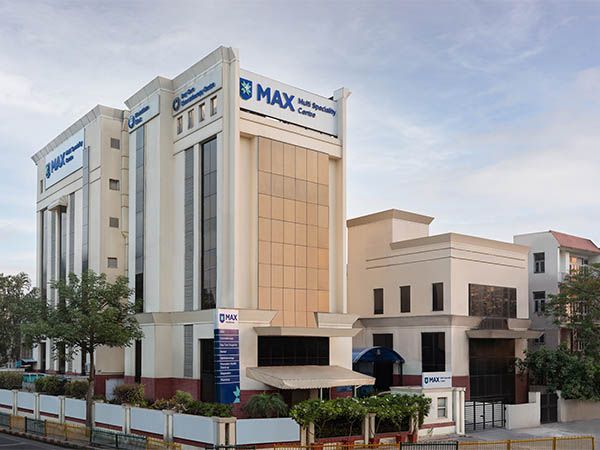Our Medical Experts
At Max Healthcare, our team of over 4,800 distinguished medical experts are globally recognised leaders in their fields. They are pioneers in innovative clinical procedures and are at the forefront of medical advancements.
Find a Doctor





























